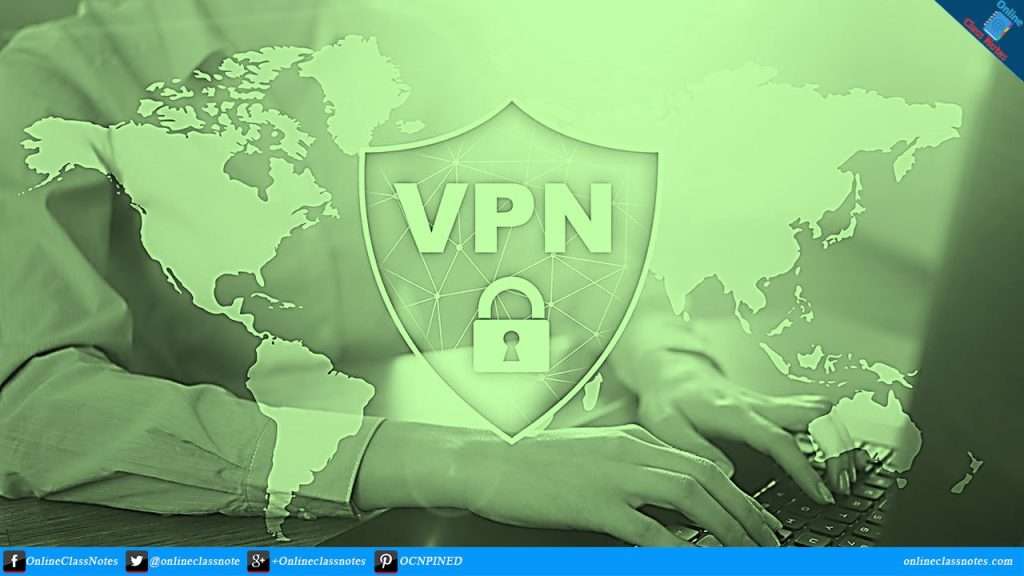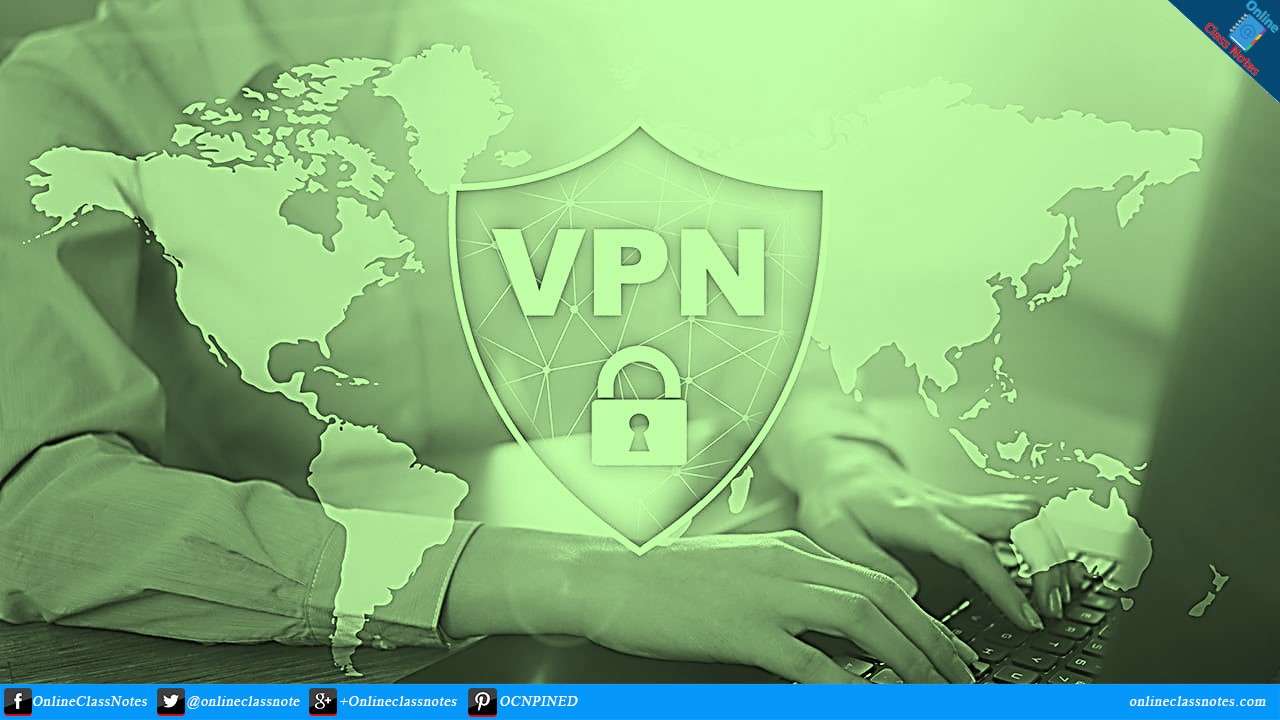Virtual Private Network (VPN) is a technology that allows users to create a secure and private network connection over the internet. VPNs are becoming increasingly popular among individuals and businesses alike, as they provide a range of benefits such as enhanced privacy and security, and the ability to access content that may be blocked or restricted in certain regions.
What is a VPN?
A VPN is essentially a private network that is created over the public internet. It works by encrypting all data that is transmitted between the user’s device and the VPN server, thereby making it difficult for anyone to intercept or access the data. When a user connects to a VPN, their internet traffic is routed through a secure tunnel, which ensures that their online activities are kept private and protected.
How does a VPN work?
When a user connects to a VPN, their device establishes a secure connection to a remote server, which is typically located in a different geographic location. This connection is encrypted, which means that all data transmitted between the user’s device and the VPN server is protected from prying eyes.
Once the connection has been established, the user’s internet traffic is routed through the VPN server, which acts as an intermediary between the user’s device and the internet. This means that the user’s IP address is replaced with the IP address of the VPN server, making it appear as though the user is accessing the internet from a different location.
One of the key benefits of using a VPN is that it can help to bypass geo-restrictions and access content that may be blocked in certain regions. For example, a user in China may be able to access content that is normally only available in the US by connecting to a VPN server located in the US.
Another benefit of using a VPN is that it can help to protect the user’s online privacy and security. By encrypting all internet traffic, VPNs make it difficult for anyone to intercept or access the user’s data. This is particularly important when using public Wi-Fi networks, which are often unsecured and can be easily compromised by hackers.

What are the benefits of using a VPN?
Enhanced privacy and security
By encrypting all internet traffic, VPNs help to protect the user’s online activities from prying eyes. This is particularly important when using public Wi-Fi networks, which are often unsecured and can be easily compromised by hackers.
Bypass geo-restrictions
VPNs can help to bypass geo-restrictions and access content that may be blocked or restricted in certain regions. This is particularly useful for individuals who travel frequently or for businesses that operate in multiple countries.
Increased anonymity
By replacing the user’s IP address with the IP address of the VPN server, VPNs can help to increase the user’s anonymity online. This can be particularly useful for individuals who want to protect their identity and online activities from being tracked or monitored.
Access to remote networks
VPNs can also be used to connect to remote networks, such as a corporate network or a home network. This allows users to access resources that may not be available over the public internet.
Cost savings
VPNs can also help to reduce costs, as they can be used to access services and resources that may be more expensive or unavailable in certain regions. For example, a user in China may be able to access cheaper streaming services by connecting to a VPN server located in a different region.
Conclusion
In summary, VPNs are a powerful tool for enhancing online privacy and security, bypassing geo-restrictions, and accessing remote networks. They work by establishing a secure connection between the user’s device and a remote server, which encrypts all internet traffic and protects the user.
